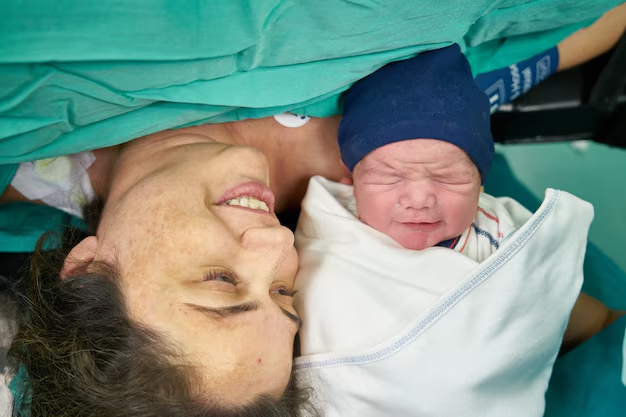How to Become a Midwife: Education, Certifications, and Licenses
Embarking on the journey to become a midwife is both exciting and rewarding, offering a profound opportunity to provide essential care to mothers and their newborns. The pathway typically begins with obtaining a relevant degree such as a Bachelor of Science in Nursing (BSN) or a related health sciences degree. Many aspiring midwives choose to become a Registered Nurse (RN) initially, as it provides a solid foundation in healthcare and a stepping stone towards advanced study. After achieving a foundational degree, aspiring midwives can pursue a Master's degree in Midwifery or Nursing with a focus on midwifery to gain specialized knowledge and skills. Programs accredited by the Accreditation Commission for Midwifery Education (ACME) are highly recommended to ensure quality training.
Certifications play a crucial role in a midwife’s professional journey. The Certified Nurse-Midwife (CNM) credential, offered by the American Midwifery Certification Board (AMCB), is a well-respected certification that validates one's expertise and readiness to practice. Additionally, obtaining a state license is essential and requirements vary by state, so it is important to research local regulations. Continuous education and optional certifications can also enhance a midwife's career, keeping them abreast of the latest advancements in maternal and neonatal care.
Key Educational Pathways and Certifications for Aspiring Midwives:
- 🎓 Bachelor of Science in Nursing (BSN)
- 🏥 Become a Registered Nurse (RN)
- 🎓 Master's Degree in Midwifery
- 🔖 Certified Nurse-Midwife (CNM) Credential
- 📜 State Licensure (Varies by state)
- 📚 Continuing Education and Specialization Courses
